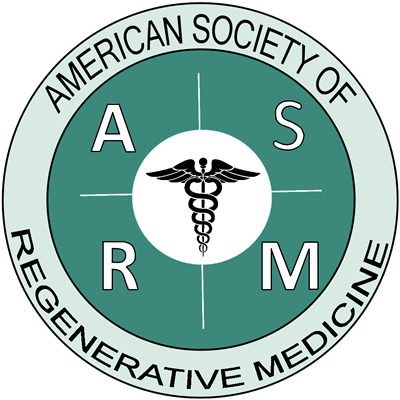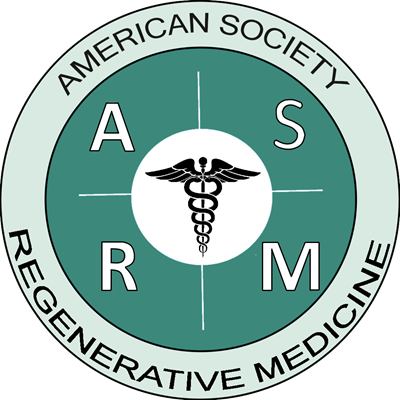ASRM Laboratory Accreditation Benefits
Benefits of Accreditation for Cellular and Gene Therapy Labs
I. Introduction
Accreditation is a formal recognition that a lab meets established standards of quality and safety in the field of cellular and gene therapy. Achieving accreditation offers numerous benefits that enhance the lab’s operations, credibility, and overall impact. This document outlines the key benefits of accreditation for labs involved in the collection, processing, and administration of stem cell and gene therapy products.
II. Quality and Safety Enhancement
- Adherence to High Standards
- Accreditation ensures that labs adhere to rigorous standards of quality and safety, aligning with best practices and regulatory requirements. This commitment to excellence reduces the risk of errors and enhances patient safety.
- Continuous Improvement
- Accredited labs are required to implement continuous improvement processes, including regular internal audits and management reviews. This fosters a culture of ongoing quality enhancement and operational efficiency.
- Standardized Procedures
- Accreditation promotes the use of standardized procedures and protocols, leading to consistent and reliable outcomes in cell and gene therapy processes.
III. Operational Efficiency
- Streamlined Processes
- Accredited labs benefit from streamlined processes and well-defined workflows, which improve operational efficiency and reduce redundancies.
- Effective Use of Resources
- By adhering to accreditation standards, labs can optimize the use of resources, including personnel, equipment, and materials, leading to cost savings and improved productivity.
- Enhanced Training Programs
- Accreditation requires ongoing training and competency assessments for staff. This ensures that personnel are well-trained, knowledgeable, and capable of performing their duties effectively.
IV. Regulatory Compliance
- Alignment with Regulations
- Accredited labs demonstrate compliance with local, national, and international regulations, minimizing the risk of legal and regulatory issues.
- Simplified Regulatory Audits
- Labs with accreditation are often better prepared for regulatory audits and inspections, as they already adhere to high standards of quality and documentation.
- Increased Confidence
- Regulatory bodies have greater confidence in the quality and safety of accredited labs, potentially leading to faster approvals and fewer compliance challenges.
V. Market Competitiveness
- Enhanced Reputation
- Accreditation enhances the lab’s reputation for quality and reliability, making it more attractive to potential clients, partners, and investors.
- Competitive Advantage
- Accredited labs gain a competitive edge in the market, as accreditation is a mark of excellence that distinguishes them from non-accredited labs.
- Increased Business Opportunities
- Accreditation can open doors to new business opportunities, including partnerships with other healthcare providers, research institutions, and biotech companies.
VI. Patient Trust and Satisfaction
- Improved Patient Outcomes
- High standards of quality and safety in accredited labs lead to better patient outcomes and higher satisfaction with the therapies provided.
- Increased Patient Confidence
- Patients are more likely to trust and choose accredited labs for their cell and gene therapy needs, knowing that the lab meets stringent quality and safety standards.
- Enhanced Communication
- Accreditation promotes clear and effective communication between the lab and patients, ensuring that patients are well-informed about the procedures and their potential benefits and risks.
VII. Research and Development
- Support for Innovation
- Accredited labs are better positioned to conduct high-quality research and development activities, contributing to advancements in the field of cellular and gene therapy.
- Access to Funding
- Accreditation can enhance the lab’s ability to secure funding for research projects, as funding bodies often prefer to support accredited institutions.
- Collaboration Opportunities
- Accredited labs are more likely to attract collaboration opportunities with other leading research institutions and industry partners.
VIII. Conclusion
Accreditation offers a multitude of benefits for labs involved in cellular and gene therapy, from enhancing quality and safety to improving operational efficiency and market competitiveness. By achieving and maintaining accreditation, labs can demonstrate their commitment to excellence, gain the trust of patients and regulatory bodies, and contribute to the advancement of innovative therapies.
Become a Member
Join the AABRM today! As a member you have access to experts in the field, publications, research opportunities and Board Certification
Member Application
